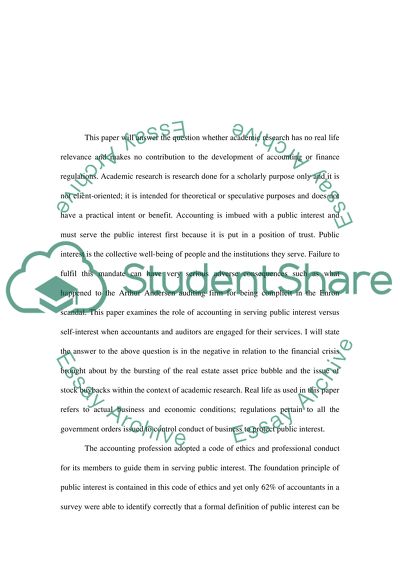Cite this document
(“Ideology of the American Public Accounting Profession Coursework”, n.d.)
Retrieved from https://studentshare.org/finance-accounting/1414562-contemporary-issues-in-accointing-and-finance
Retrieved from https://studentshare.org/finance-accounting/1414562-contemporary-issues-in-accointing-and-finance
(Ideology of the American Public Accounting Profession Coursework)
https://studentshare.org/finance-accounting/1414562-contemporary-issues-in-accointing-and-finance.
https://studentshare.org/finance-accounting/1414562-contemporary-issues-in-accointing-and-finance.
“Ideology of the American Public Accounting Profession Coursework”, n.d. https://studentshare.org/finance-accounting/1414562-contemporary-issues-in-accointing-and-finance.


